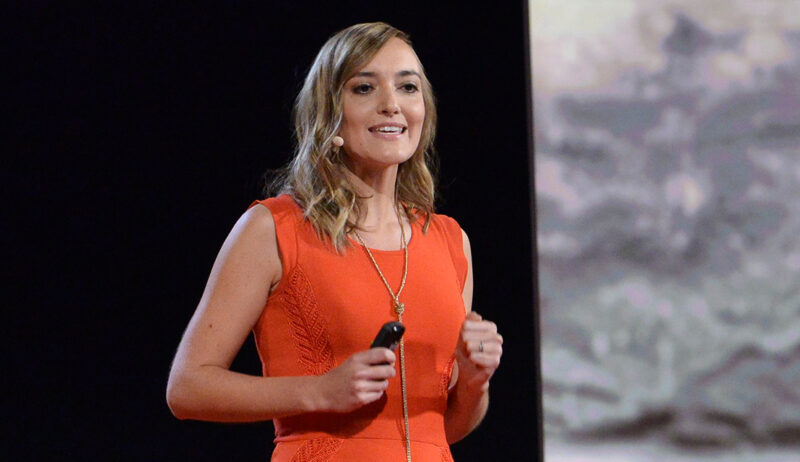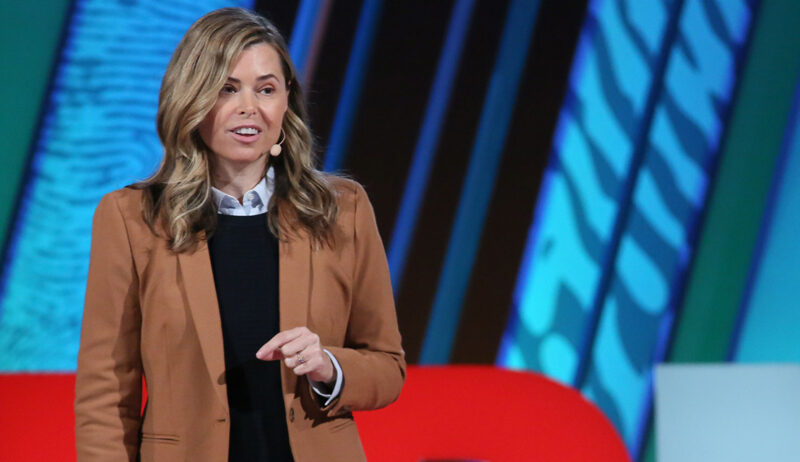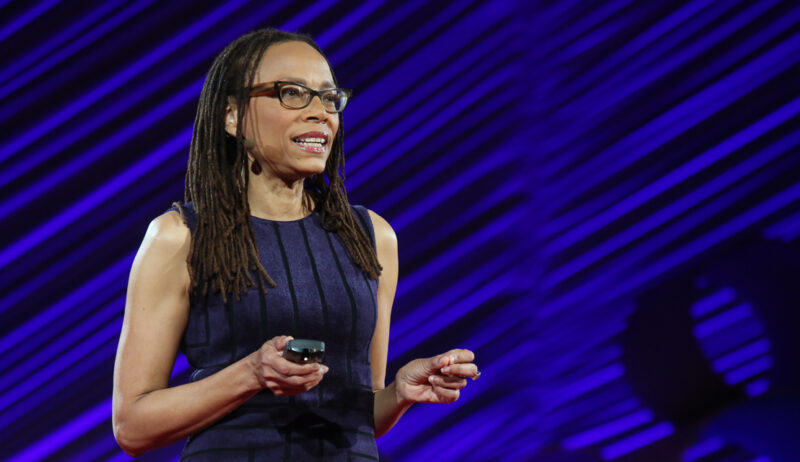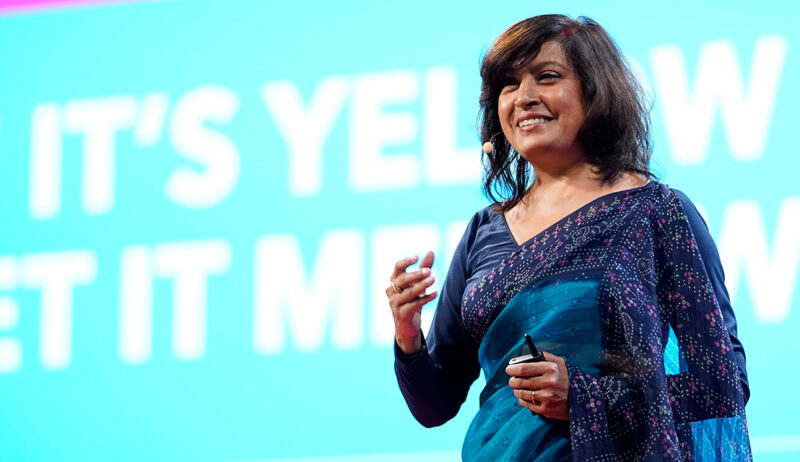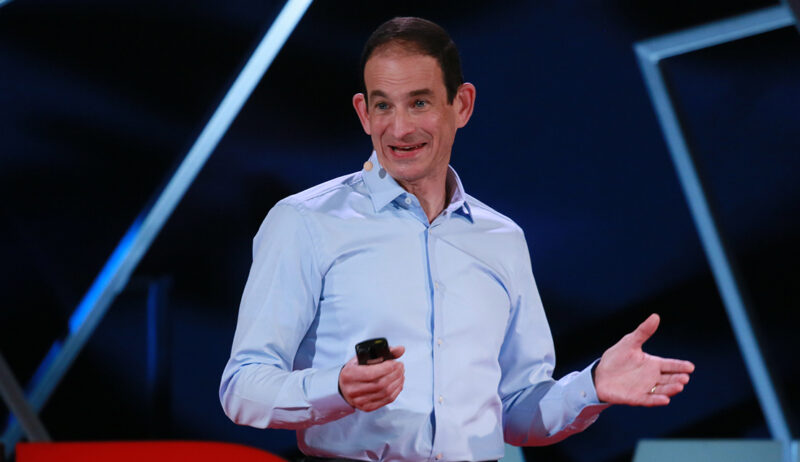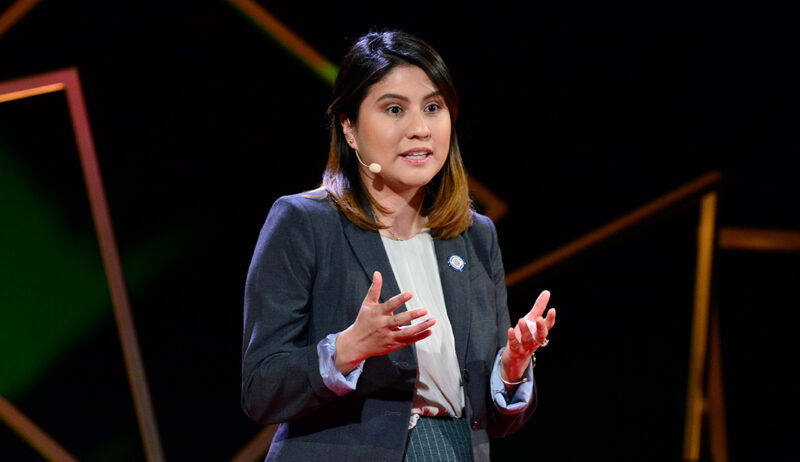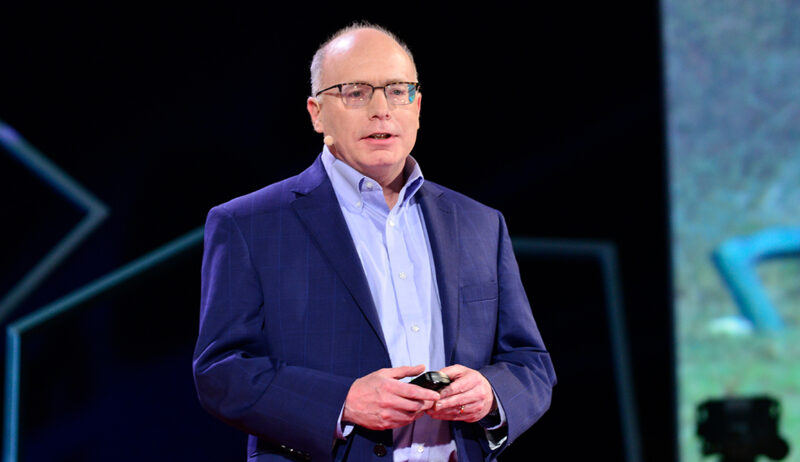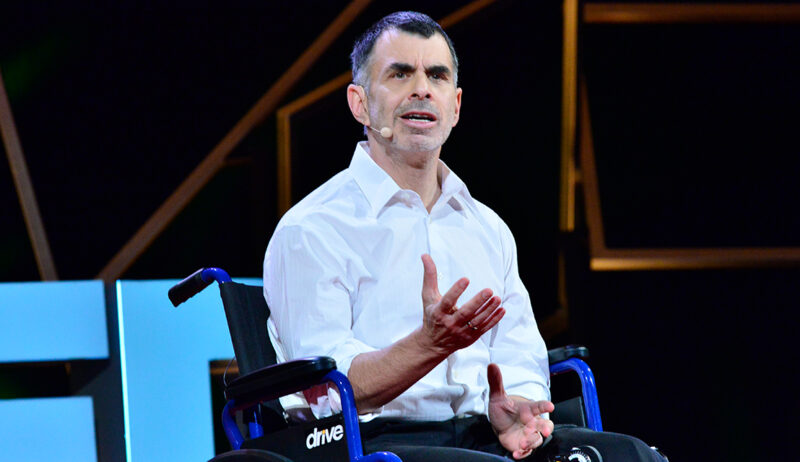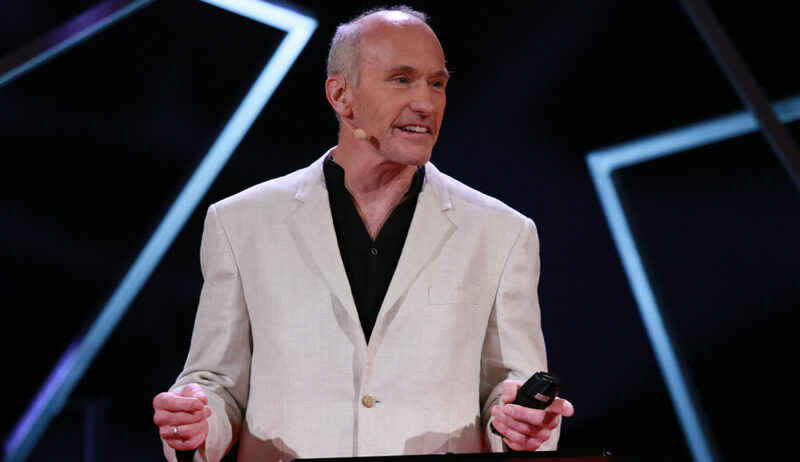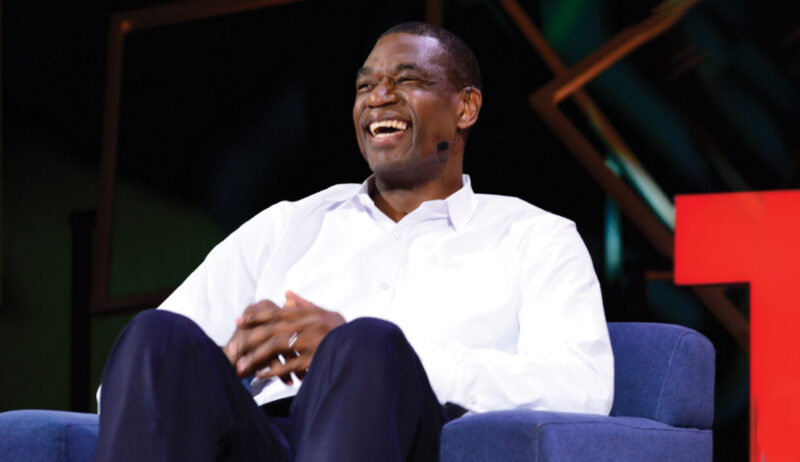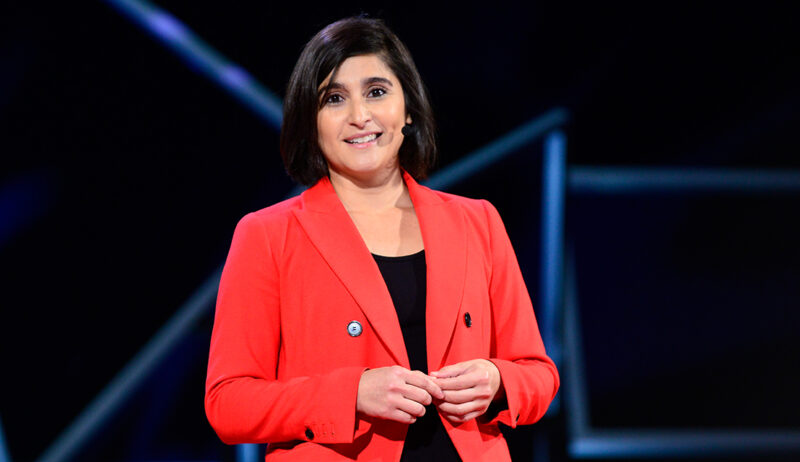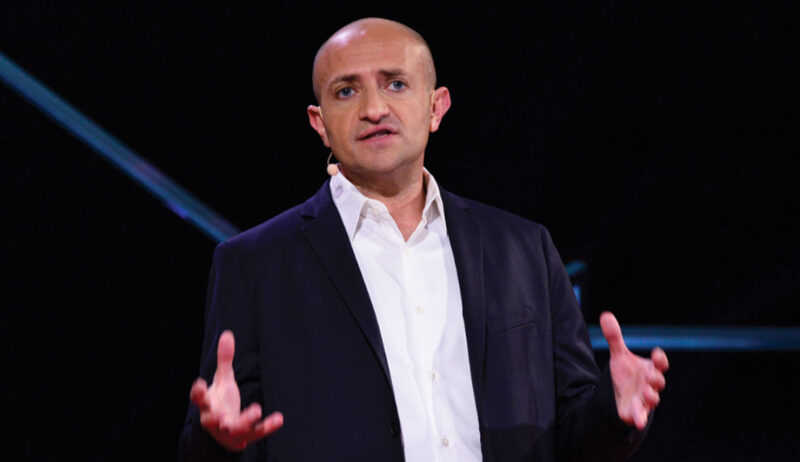About this talk
“Boys will be boys.” It’s a phrase that’s often used to describe the mischievous, competitive, or aggressive behavior of some boys and men. However, when we use this phrase, we may not realize that we’re helping to perpetuate a stereotype. In an era of increasing rates of suicide and violence among boys and young men, our cultural fixation on men being strong, autonomous, and emotionless deserves to be reevaluated.
Adolescent development researcher Niobe Way has spent decades interviewing adolescent boys about their feelings, relationships, and the expectations they face to “man up” as they grow up. Her research findings highlight the fact that boys, like all humans, are empathic and yearn for close friendships more than anything else. Watch Niobe’s 2018 TEDMED Talk to understand how reimagining boys in the 21st century will free them, as well as everyone else, to see their own humanity and the humanity of others.
About Niobe Way
See more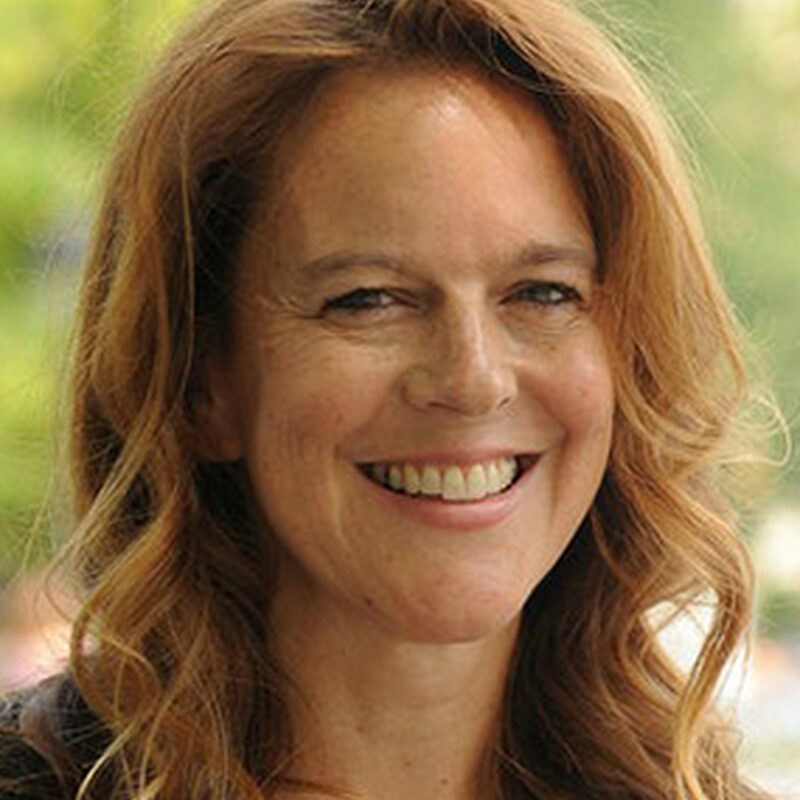
Niobe Way is a highly respected professor of developmental psychology at New York University (NYU) and a leading expert on the social and emotional development of adolescents. Her research focuses on the importance of close friendships for boys and young men as well as the negative effects of loneliness and isolation. She is the author of the book Deep Secrets: Boys’ Friendships and the Crisis of Connection, which highlights a major finding from her research: that boys often have deep, meaningful friendships early in life, but social pressures and gender stereotypes lead them to abandon these close connections as they get older. Niobe’s work argues that this “crisis of connection” contributes to higher rates of depression, loneliness, and violence in men. Niobe founded the Project for the Advancement of Our Common Humanity (PACH), an organization dedicated to promoting human connection and empathy through research and education. She is also a frequent contributor to media outlets like The Huffington Post and Psychology Today, where she shares her expertise to help parents and educators better understand and support the emotional lives of young people.
